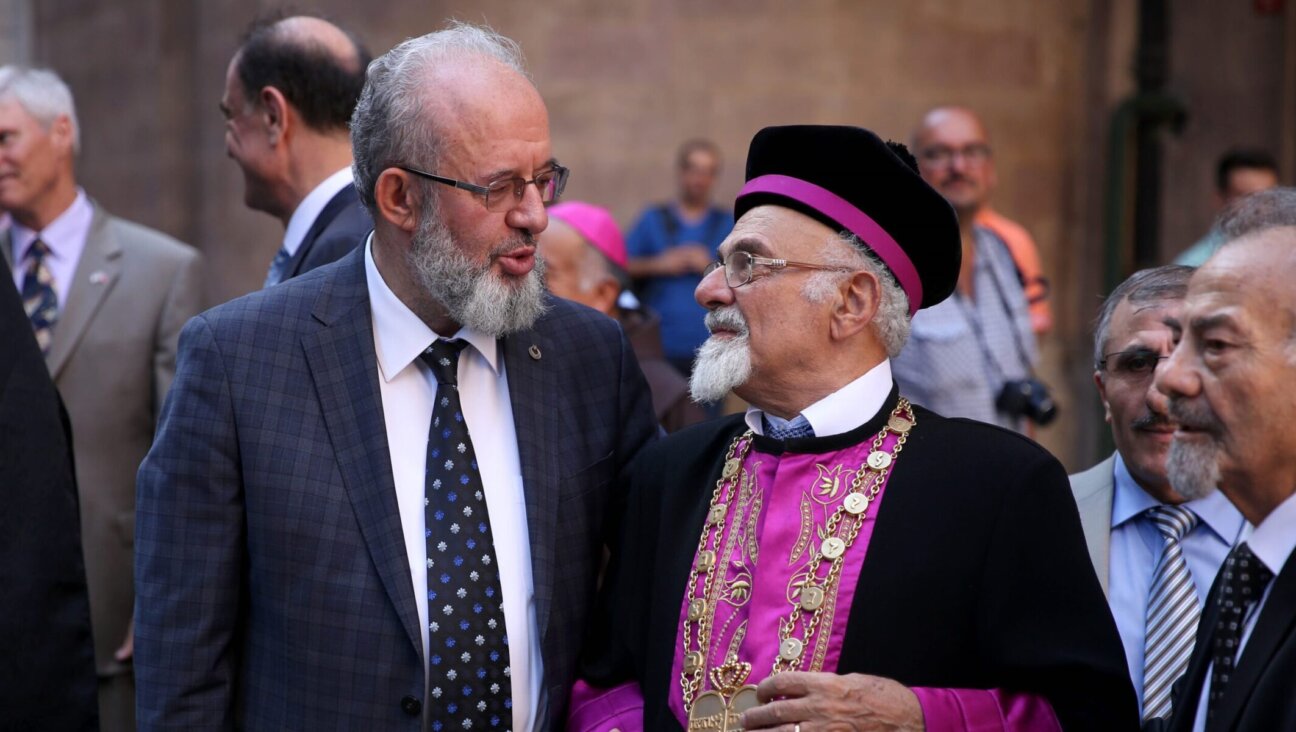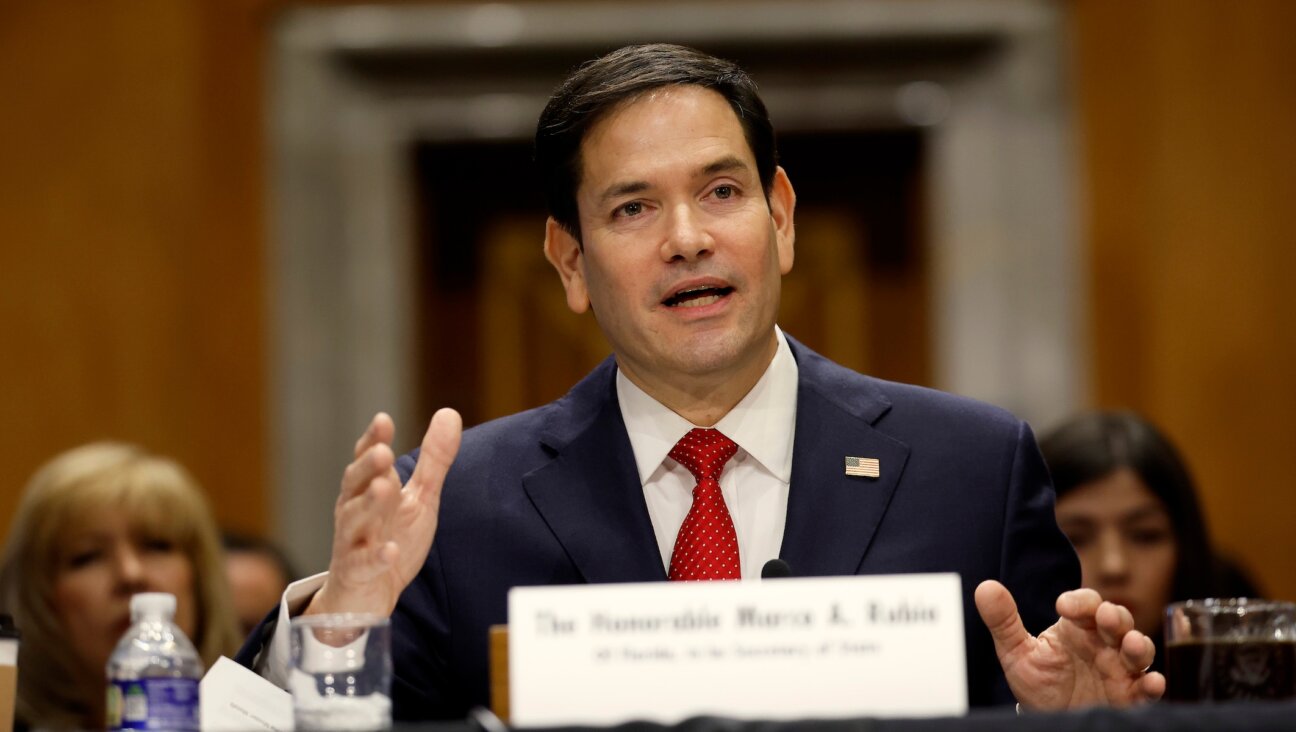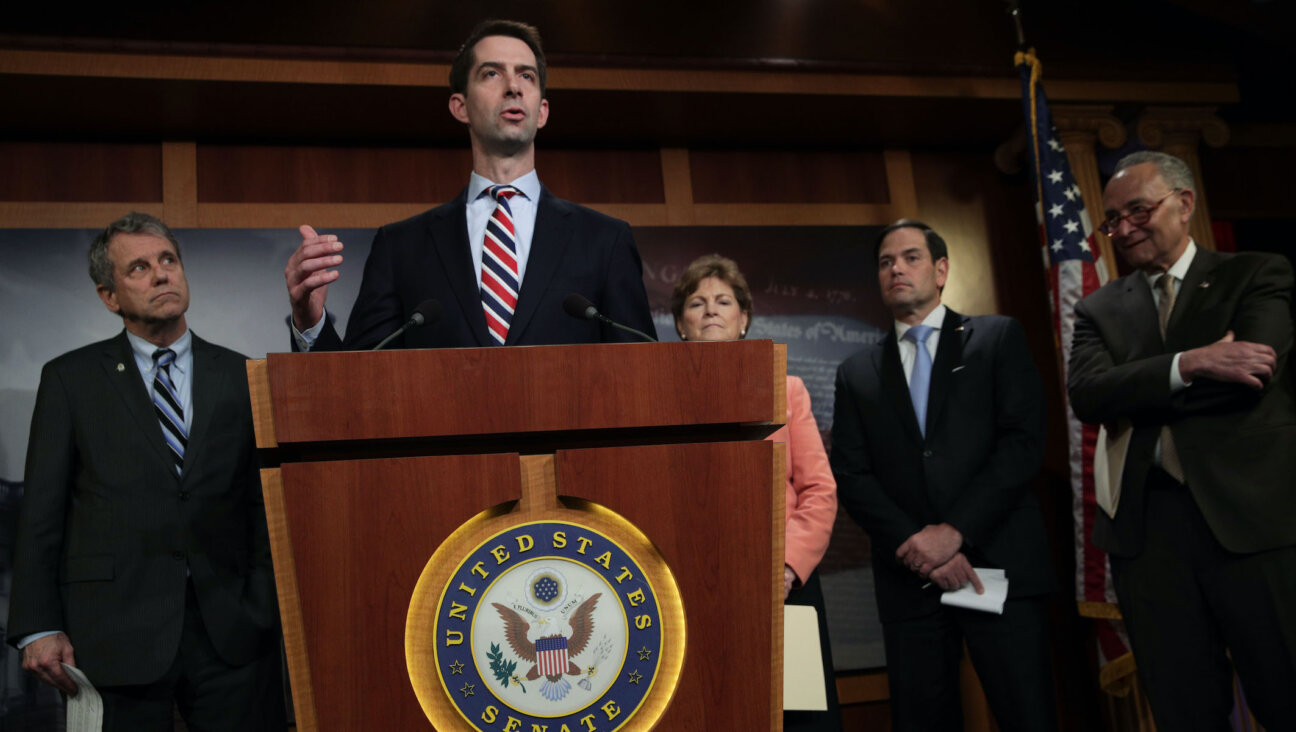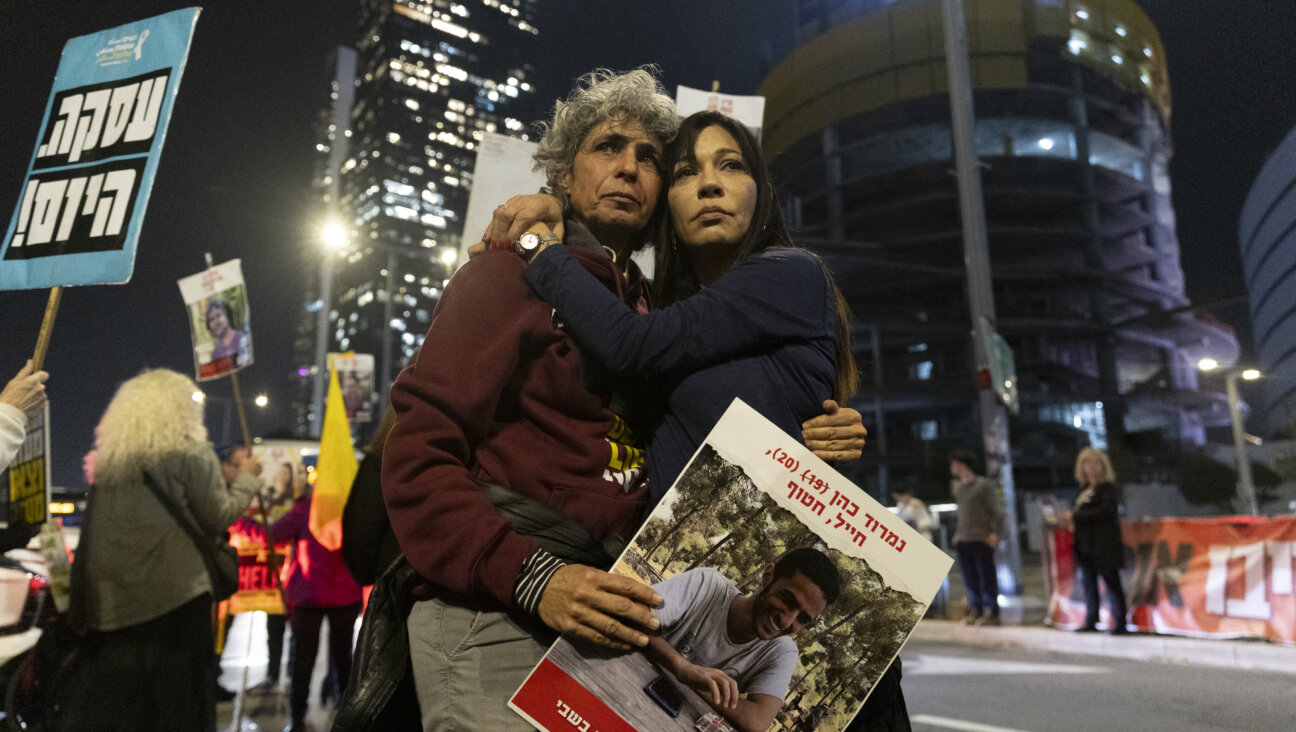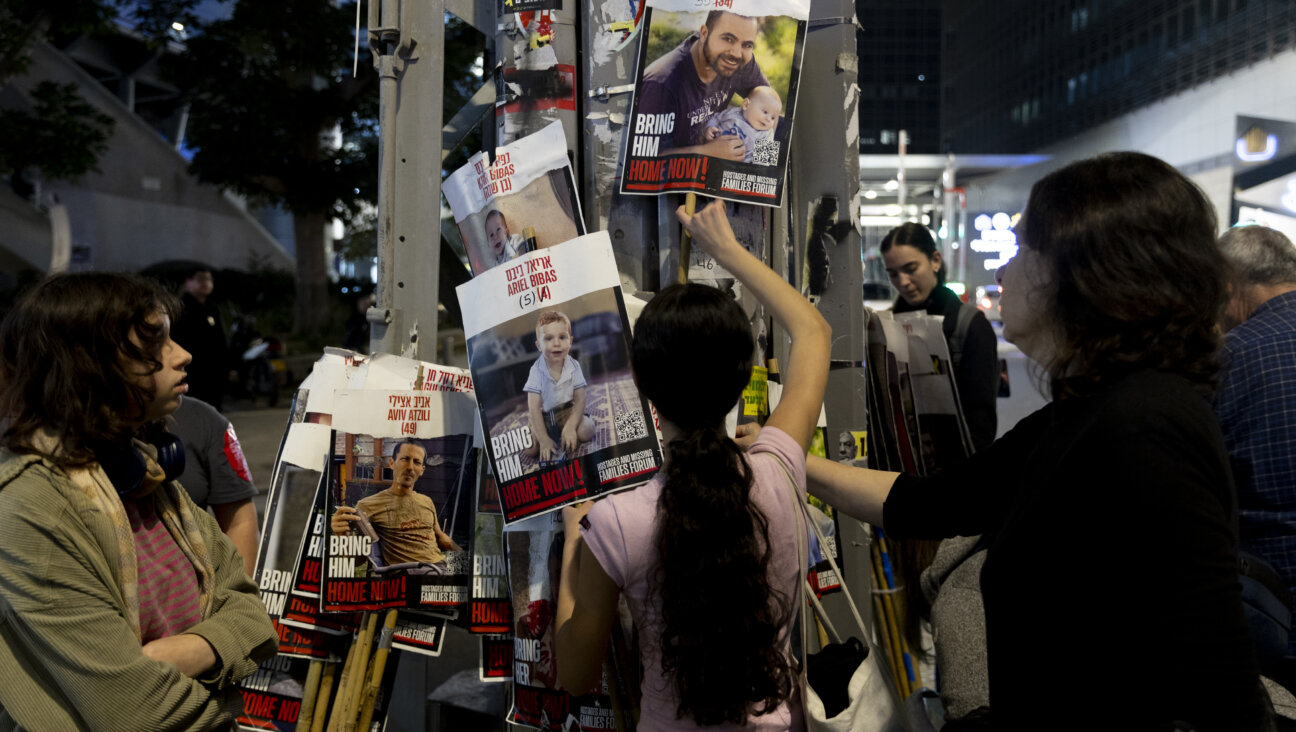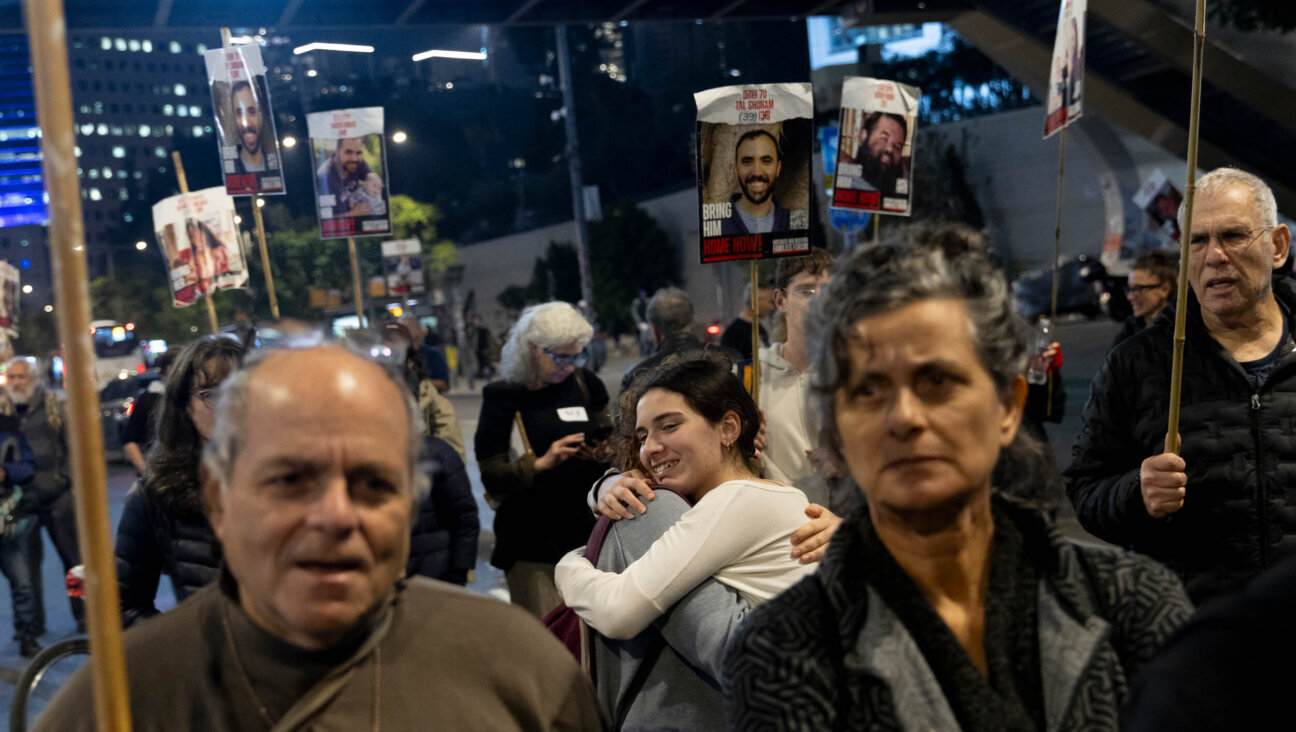ANALYSIS: Will Donald Trump Win Kill Iran Nuclear Deal?

Donald Trump’s election as president raises the prospect the United States will pull out of the nuclear pact it signed last year with Iran, alienating Washington from its allies and potentially freeing Iran to act on its ambitions.
Outgoing President Barack Obama’s administration touted the deal, a legacy foreign policy achievement, as a way to suspend Tehran’s suspected drive to develop atomic weapons. In return Obama, a Democrat, agreed to a lifting of most sanctions.
The deal, harshly opposed by Republicans in Congress, was reached as a political commitment rather than a treaty ratified by lawmakers, making it vulnerable to a new U.S. president, such as Trump, who might disagree with its terms.
A Republican, Trump ran for the White House opposing the deal but contradictory statements made it unclear how he would act. In an upset over Democrat Hillary Clinton, Trump won on Tuesday and will succeed Obama on Jan. 20.
A businessman-turned-politician who has never held public office, Trump called the nuclear pact a “disaster” and “the worst deal ever negotiated” during his campaign and said it could lead to a “nuclear holocaust.”
In a speech to the pro-Israel lobby group AIPAC in March, Trump declared that his “Number-One priority” would be to “dismantle the disastrous deal with Iran.”
He said he would have negotiated a better deal, with longer restrictions, but somewhat paradoxically, he criticized remaining U.S. sanctions that prevent American companies from dealing with Iran.
By contrast, he has conceded it would be hard to destroy a deal enshrined in a United Nations resolution. In August 2015, he said he would not “rip up” the nuclear deal, but that he would “police that contract so tough they don’t have a chance.”
Iran denies ever having considered developing atomic weapons. But experts said any U.S. violation of the deal would allow Iran also to pull back from its commitments to curb nuclear development.
Those commitments include reducing the number of its centrifuges by two-thirds, capping its level of uranium enrichment well below the level needed for bomb-grade material, reducing its enriched uranium stockpile from around 10,000 kg to 300 kg for 15 years, and submitting to international inspections to verify its compliance.
‘DIVISIVE DEAL’
“Say goodbye to the Iran deal,” said Richard Nephew, a former U.S. negotiator with Iran now at Columbia University.
“There is very little likelihood that it stays, either because of a deliberate decision to tear it up by Trump, or steps that the U.S. takes which prompt an Iranian walk back.”
The spokesman of the Atomic Energy Organization of Iran, Behrouz Kamalvandi, was quoted as saying by Tasnim news agency: “Iran is prepared for any change,” adding that Iran would try to stand by the deal.
The nuclear deal was divisive in Iran, with hardliners opposed to better relations with the West arguing that pragmatist President Hassan Rouhani was giving up too much of the country’s nuclear infrastructure for too little relief.
Rouhani said on Wednesday the U.S. election results would have no effect on Tehran’s policies, state news agency IRNA quoted him as saying.
Some of Washington’s closest Middle East allies have been skeptical of the nuclear deal. Israeli Prime Minister Benjamin Netanyahu has been outright hostile. Gulf leaders say the deal has emboldened Iran’s pursuit of regional hegemony in part through support for proxy groups fueling regional conflicts.
Iranian Supreme Leader Ali Khamenei, whose power supersedes that of Rouhani, regularly criticizes the United States and says it should not be trusted, but ultimately assented to the terms of the deal, known by its acronym JCPOA.
KHAMENEI BIG WINNER
“The big winner in the aftermath of a Trump victory is Iran’s Supreme Leader,” said Suzanne Maloney, a foreign policy expert at the Brookings Institution.
“He will have the most cartoonish American enemy, he will exult in the (hopefully brief) crash of the American economy, and he will be able to walk away from Iran’s obligations under the JCPOA while pinning the responsibility on Washington.”
Further complicating any Trump effort to renegotiate the deal is that it is a multilateral agreement involving U.S. allies in Europe as well as fellow world powers Russia and China. European and Asian firms have been returning to Iran and making major investments there, meaning the United States would likely be alone in pulling out of the deal, possibly isolating it from its partners.
On Wednesday, the head of gas, renewables and power for French oil and gas company Total TOTF.PA in Iran said Trump’s election would have no impact on investments.
Khamenei has already promised to “set fire” to the nuclear deal if the West violates it. Iran has repeatedly complained it has not received benefits promised. Though European companies have been eager to explore business prospects in Iran, few deals have been enacted in part because European banks have been reluctant to finance deals involving Iran.
“As to whether he can negotiate a ‘better’ deal, it takes two (or seven) sides to agree to begin that process, something I rate as highly unlikely,” said Zachary Goldman, executive director of the Center on Law and Security at New York University and a former U.S. Treasury official.
“And if we walk away from the deal I think we will be in the worst of all worlds – Iran will feel freed from its commitments and we may be blamed for the deal falling apart.”—Reuters
A message from our Publisher & CEO Rachel Fishman Feddersen

I hope you appreciated this article. Before you go, I’d like to ask you to please support the Forward’s award-winning, nonprofit journalism so that we can be prepared for whatever news 2025 brings.
At a time when other newsrooms are closing or cutting back, the Forward has removed its paywall and invested additional resources to report on the ground from Israel and around the U.S. on the impact of the war, rising antisemitism and polarized discourse.
Readers like you make it all possible. Support our work by becoming a Forward Member and connect with our journalism and your community.
— Rachel Fishman Feddersen, Publisher and CEO







